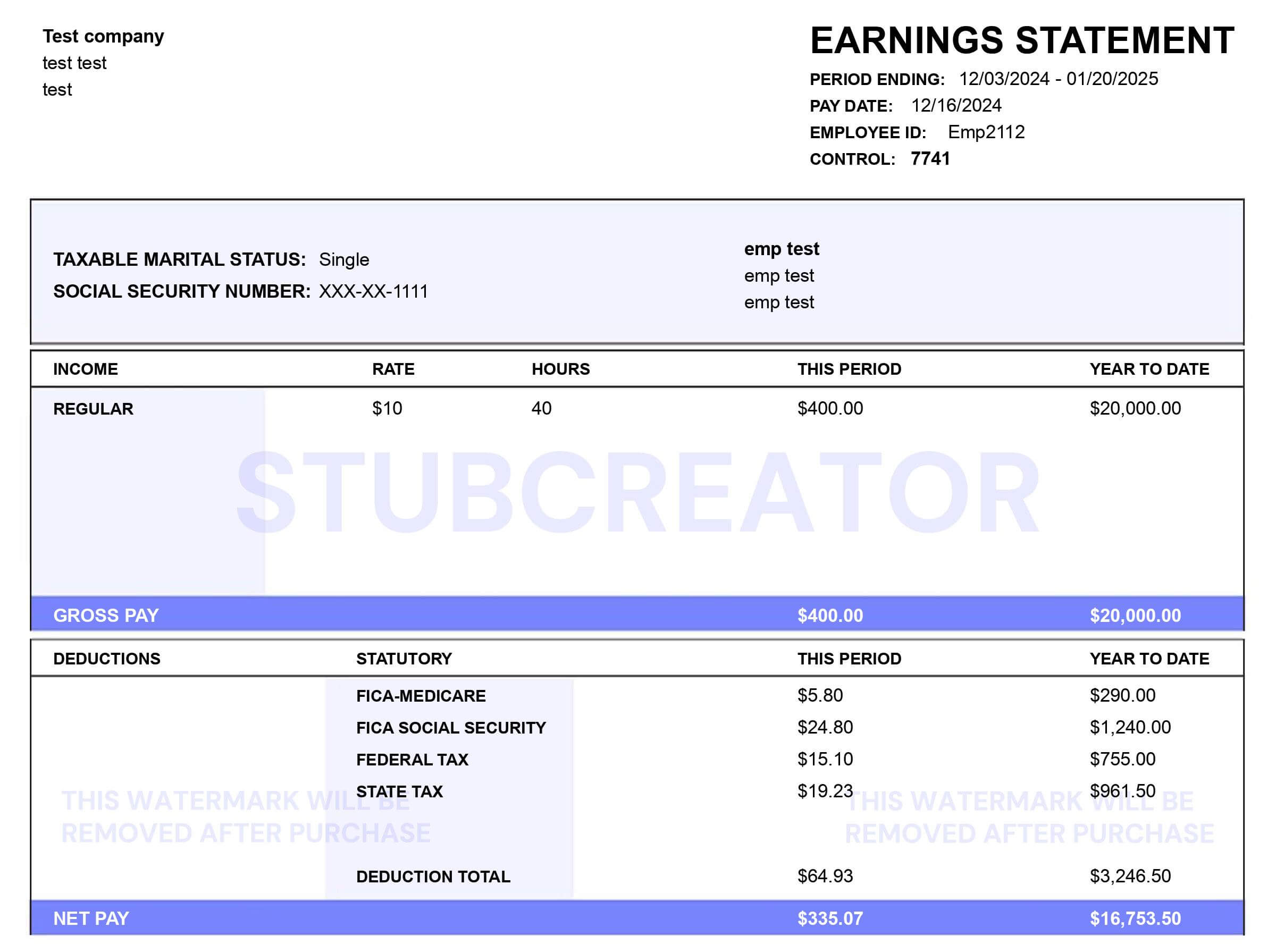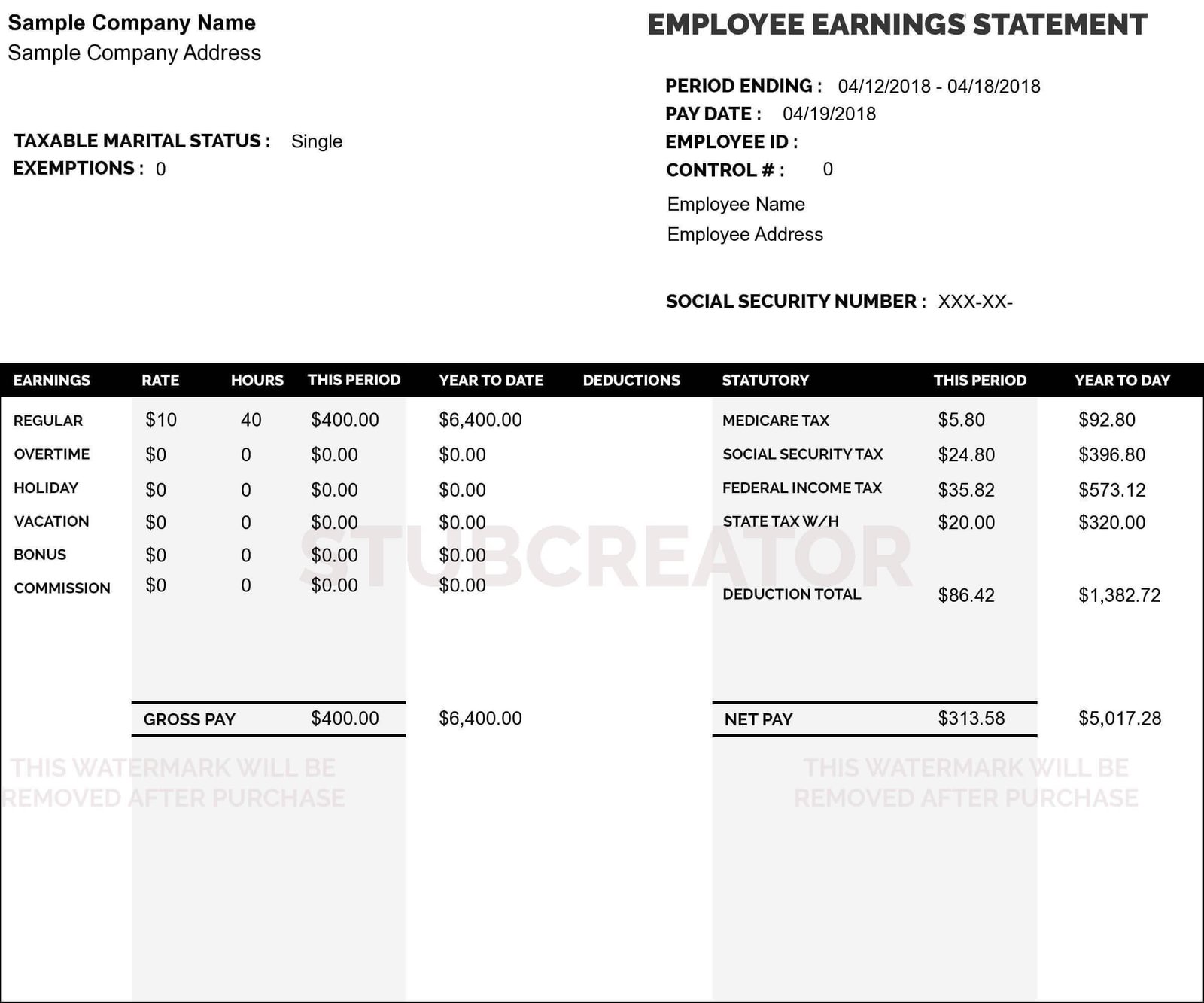What is an Employment Contract Agreement?
The contract’s conditions are determined by what was agreed upon when the employee indicated that they would take a position.
What are the Benefits of Employment Contracts Agreement?
Duties and benefits are clearly defined:
The employment contract specifies the job obligations and perks that are provided as part of the employment. Employers can use it to define performance requirements for employees.
Both employers and employees are protected:
The employment contract safeguards both parties’ rights. To prohibit employees from releasing sensitive information for personal benefit, the employer might insert a non-compete or Non-Disclosure Agreement in the employment contract.
Stability:
Both the employee and the employer are aware of what to anticipate from their working relationship. Employment contracts are legally binding, and there are penalty clauses if the employee breaches the contract.
Attract employees:
You may use an employment contract to entice people to work with you rather than the competition by promising job stability or other advantageous features in the employment contract.
What are the Disadvantages of Employment Contracts?
The most disadvantageous characteristic of an employment contract is that it disallows flexible work terms. Both the employer and the employee are legally obligated by the contract’s terms, which cannot be amended without renegotiating the terms.
This might be a problem if the employer subsequently decides to amend the terms. When renegotiating, there is no certainty that the employee will agree to the new conditions.
What Does an Employment Contract Contain?
An employment contract may include the following clauses:
- Contracts will detail the pay, salary, or commission agreed upon by the employer and employee.
- An employment contract might specify the many obligations and activities that an employee must carry out while on the job and outline the use of tools like a paystub generator for payroll documentation.
- The contract may specify the days and hours that the employee is expected to work.
- The contract may stipulate how long the employee commits to work for the firm.
- The agreement might be for a specified amount of time, or it could specify that employment is continuing.
- Employers may include a confidentiality declaration in the employment contract, but many additionally ask workers to sign a separate confidentiality agreement.
- The employment contract should detail all of the benefits that the employee will receive, such as health insurance, paid time off, retirement plans, and other bonuses.
- An employer may add a non-compete provision or agreement that bans an employee from quitting their job and choosing a position that would place them in competition with their present company.
How do Employment Contracts Function?
Employment contracts function as legally binding agreements between employers and employees that outline the terms and conditions of employment.
These contracts serve several essential purposes:
Clarity of Terms: Employment contracts clearly define the roles, responsibilities, and expectations of both the employer and the employee. This includes job duties, working hours, compensation, benefits, and other conditions of employment.
Legal Protection: They provide legal protection for both parties by setting out their rights and obligations. Documenting agreed-upon terms helps prevent misunderstandings and disputes.
Compliance with Laws: Employment contracts ensure that the employment relationship complies with relevant labor laws and regulations. This includes adherence to minimum wage laws, anti-discrimination laws, and other employment standards.
Stability and Security: For employees, these contracts offer job security by specifying the duration of employment and conditions for termination. For employers, they secure a commitment from employees for a specified period.
Confidentiality and Non-Compete Clauses: Many employment contracts include clauses that protect the employer’s business interests, such as confidentiality agreements and non-compete clauses, which restrict employees from sharing sensitive information or working with competitors for a certain period after leaving the company.
Dispute Resolution: The contract often includes procedures for resolving disputes, such as mediation or arbitration, which can provide a clear path for addressing conflicts without resorting to litigation.
Errors to avoid while writing an employment contract Agreement
The following considerations should be made while creating an employment contract:
- To guarantee maximum transparency, utilize plain and straightforward English.
- The contract should be as accommodating as possible.
- Contracts should not favor one party over another.
- The contract must include the most significant provisions.
- Failure to establish effective channels of communication.
- The contract does not specify how to make adjustments.
Employment Contract Questionnaire
1. What is an Employment Contract?
An employment contract is a formal agreement between an employer and an employee outlining the terms and conditions of employment. It typically includes details about job responsibilities, salary, benefits, working hours, and other essential employment terms.
2. Employment Contract Definition
An employment contract is a legal document that specifies the terms of employment between an employer and an employee. It outlines the rights, responsibilities, and obligations of both parties.
3. Employment Contract vs Offer Letter
An offer letter is a preliminary document that outlines the initial terms of employment, such as job title, salary, and start date. An employment contract is a more detailed and legally binding document that formalizes the employment terms, including job duties, confidentiality agreements, and termination conditions.
4. Sample Employment Contract California
A sample employment contract for California can be found through legal document services, online legal resources, or by consulting with a legal professional familiar with California employment law. Ensure the sample complies with state-specific regulations.
5. Employment Contract vs Agreement
An employment contract is a type of agreement related explicitly to the terms of employment. While all employment contracts are agreements, not all agreements are employment contracts. Agreements can refer to any mutual understanding between parties, such as business deals or partnerships.
6. Are Employment Contracts Legally Binding?
Yes, employment contracts are legally binding documents. They create enforceable obligations and rights for both the employer and employee, provided they comply with applicable laws and regulations.












